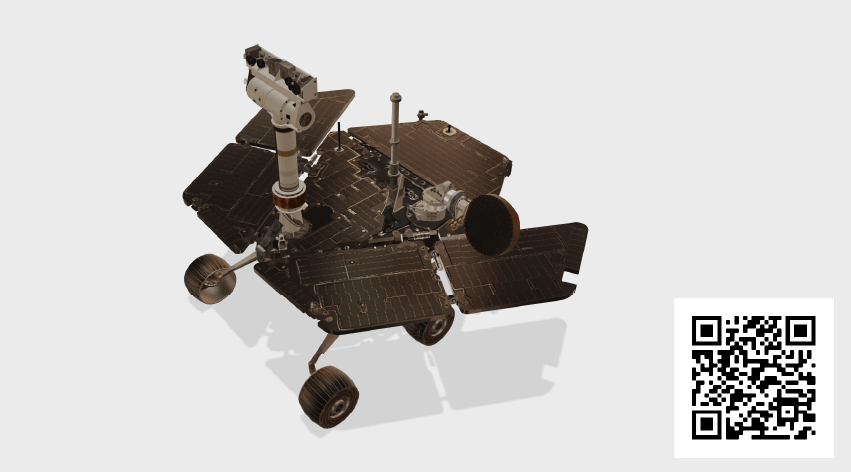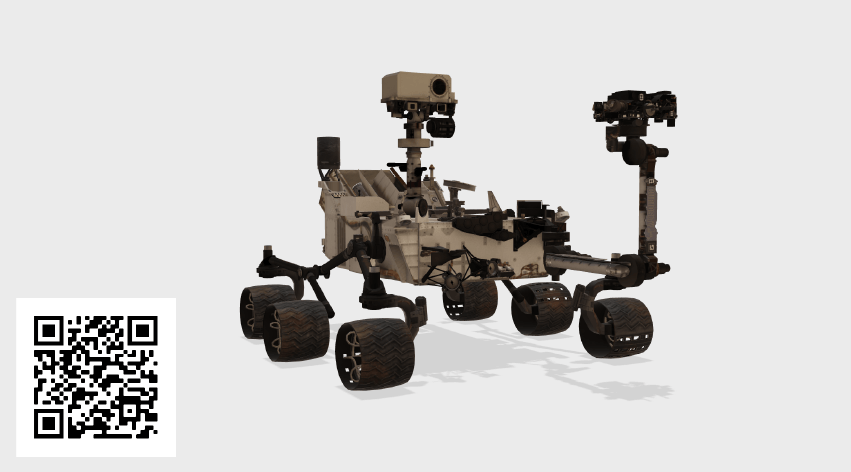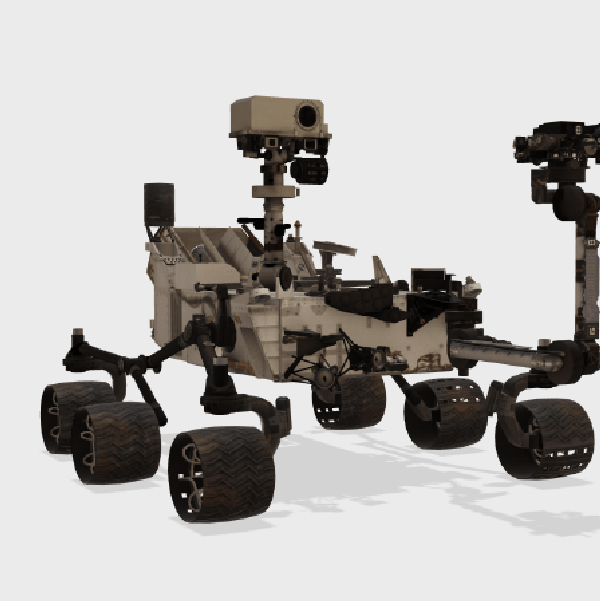The first Mars explorers
FLOR SALATINO
EVA DOMINGUEZ
It is because humans consume the Earth so voraciously that the exploration of Mars seems like a preamble to a future colony on the red planet. But before a human footprint goes down in history, other explorers have already been there. Discreet and hard-working, the probes and rovers that have set foot on the planet's surface are an essential part of this story.
The Viking landers, from NASA's Viking missions in the 1970s, were the first to set foot on Martian soil. These landers sent back the first photographs from the Martian surface.
It will take three decades, until 1997, for another mission to deploy an astromobile. The mission is Mars Pathfinder and the self-propelled rover is called Sojourner.
The Spirit and Opportunity twins
In 2004, NASA succeeded once again in landing twin astromobiles called Spirit and Opportunity on Mars. Despite a crash landing, Spirit managed to complete its task and was operational for seven years. Opportunity survived multiple sandstorms until communication was lost in 2018.

While Spirit and Opportunity are touring the planet, they receive a short visit in 2007. This was the Phoenix Mars Lander. Sent by NASA, it was part of a joint scientific programme between the United States, Canada, Switzerland, Denmark and Germany. This mission was operational until November 2008.
The incombustible Curiosity
In 2012, Curiosity lands. It is three times heavier than Spirit and Opportunity. Although its mission was to last almost two years, in November 2020 it continues to take samples of Martian soil and rocky dust for analysis.

We don't know whether Curiosity will have stopped working by February 2021. If not, it will be accompanied by Perserverance. One of its missions is to assess the habitability of the planet and the possibility of the existence of past life.
That is, as long as the dreaded Martian sandstorms do not prevent it, as they have done on numerous occasions in the past. These are the astromobiles that arrived. Many others fell by the wayside. Mars is not easily conquered.
